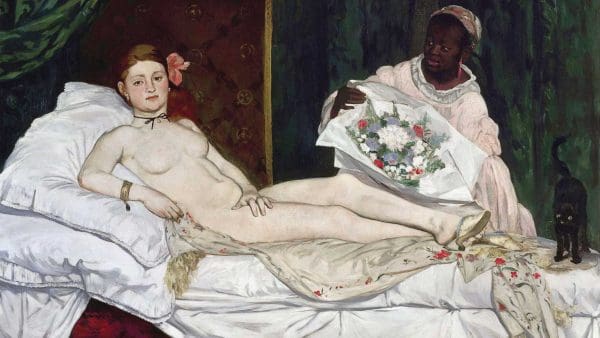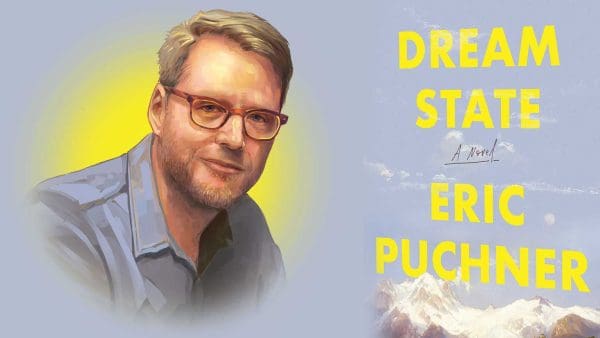Compared to politicians and movie stars, they’ve gone largely unknown over the decades, this cadre of professionals: teachers, scientists, doctors, administrators, lawyers, business managers—but according to Louis Galambos, professor in the Department of History, these are the very people who have shaped modern America.
In his new book, The Creative Society—and the Price Americans Paid for It, Galambos says that since the turn of the 20th century, everyday “professionals” came to play a key role in solving many of the country’s crises. He calls them the “creative society” because they devised new ideas that helped advance the nation. To prove his point, he takes on four major American challenges: coping with urban life, keeping the economy innovative, shaping economic security, and relating to the rest of the world, and illustrates how people in particular professions worked together to address them. Galambos argues that solving one problem and enabling society to move on to the next problem is actually a creative process, but not always recognized as such.
“The problems the experts were dealing with were very complex and very large; they were the sort of problems that are never solved quickly or completely. That’s why they’re so interesting,” says Galambos. “The professionals constitute a broad and growing segment of American society. The lure of professional status and the power and income that it frequently offers have been attractive.”
Galambos has conducted research on a number of public, private, and nonprofit institutions, and “in every one you can chart the rise of professional experts.” His narrative takes the reader through the Great Depression of the 1930s to the growth of major urban areas (and the numerous public health and economic issues that came along with it) and right up to the present day. He shows how, for example, professionals in the medical and public health arenas made life in American cities less threatening by producing and distributing various vaccines. On the heels of public health reform came the urban planners and ultimately, reforms in education. “These reforms made teachers and the administrators professionals for the first time,” he says. “And education became the way to get ahead in America.”
Throughout the book, Galambos weaves stories of his own family members as they addressed economic challenges over the generations, gradually entering the field of professionals. There’s Lazlo, Galambos’ grandfather, a Hungarian immigrant who ended up in Toledo, Ohio, in the metalworking industry. And his aunt Geraldine, who was a teacher. Galambos’ father, Lou, started out as a welder and then became a self-proclaimed “mining engineer” and then started his own machine business.
“I wanted to weave my own family members into the book because I believe ours is a very common American story,” he says. “Four generations of my family were involved in the changes in America that I’m talking about. They were engaged in the evolution of a professional class. The truth is, we’ve been willing to pay an enormous amount to give people second chances. They can get an advanced degree, they can get professional certificates, they can reinvent themselves.”
Galambos reminds readers that such professional growth does not come cheap. “We have created a new society with a heavy emphasis on professional discourses and decision making,” he says. Despite numerous advances, the “price” Americans have paid for this creative society includes cases of corruption, lack of communication among disciplines, numerous wars expensive in dollars and lives, wide gaps among economic classes, troubling failures in urban education, and increases in the cost of higher education. “This is the other side of the coin in the creative society,” he adds.
Have these price tags, including the current financial crisis, squeezed the professional innovation out of America? “No, not at all,” says Galambos. “In the midst of great uncertainty, there are plenty of signs that this is still a creative society—one that learns from the past and continues to be flexible, a society with tremendous resources and a determination to use them to solve problems.”




